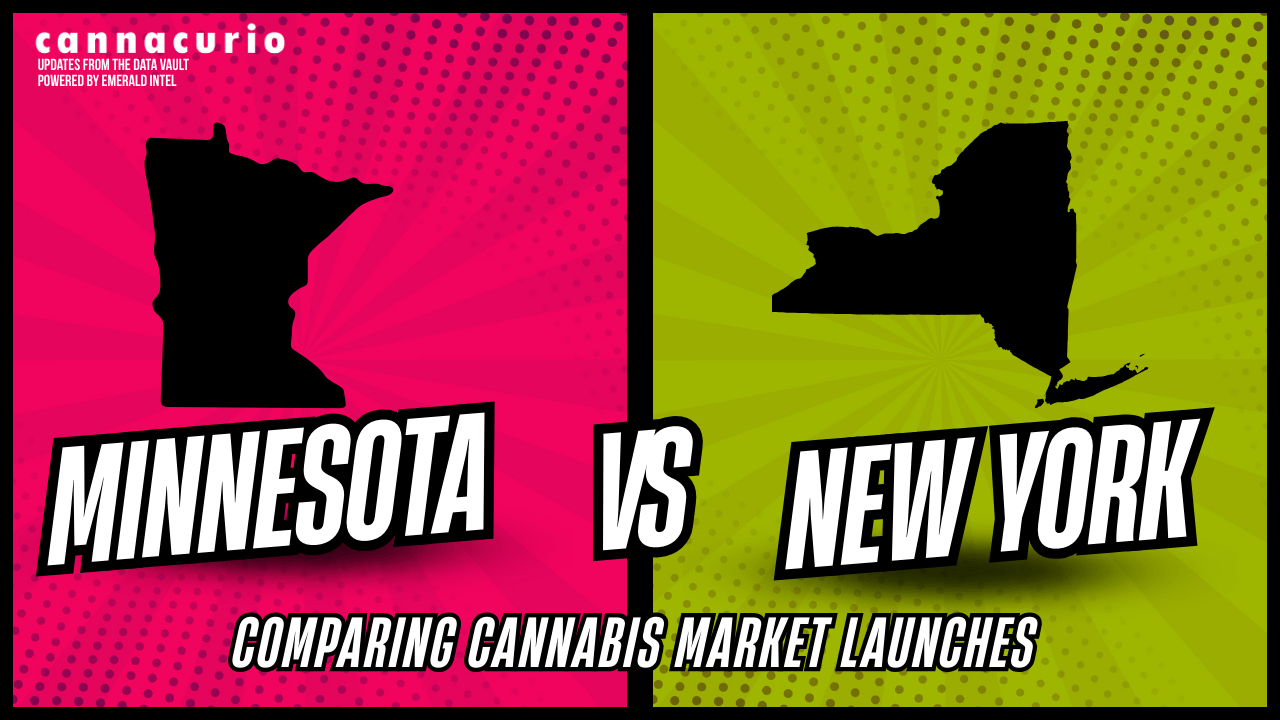
Essential Workplace Etiquette Priorities for Cannabis Businesses
There are more than 72,000 licensed hemp and cannabis business licenses being tracked in the Cannabiz Media License Database across 41 states and 16 international markets, and there are tens of thousands of ancillary cannabis businesses around the world. The industry has grown rapidly from an underground tight-knit community to a global market and with it has come some growing pains.
For example, with growth comes money, investors, brand recognition, publicity, and increased competition that require owners and employees to improve their professionalism and prioritize appropriate workplace etiquette procedures. After all, there are only so many customers (and even fewer investors) who will be willing to give their money to unprofessional businesses. For a business to maximize its growth potential, it needs to look like and act like a trustworthy, professional operation.
To that end, workplace etiquette has become critical for cannabis businesses that want to achieve long-term success. Following are some of the most essential workplace etiquette priorities that a cannabis business must consider in order to position itself for future growth:
Develop Workplace Etiquette and Professional Behavior Policies
You can’t expect your employees to know which behaviors are considered professional and which behaviors are not. Instead, you need to define acceptable, professional behaviors formally by creating written policies. The first step is to define etiquette as it relates to the workplace.
In her recent book about cannabis etiquette, Higher Etiquette, Lizzie Post (Emily Post’s great-great-granddaughter) explains, “There are comfort levels that etiquette looks out for. How does my behavior impact your behavior, and how can I try to limit the negativity of that impact?”
In other words, etiquette is about understanding how your behavior affects others and creating an environment where others feel comfortable. As an employee, workers need to understand that they’re being paid to represent your brand, but they need written policies explaining the expected behaviors (i.e., acceptable workplace etiquette) so customers, vendors, and colleagues all feel comfortable.
Educate the Leadership
Company culture starts at the top and trickles down, so it’s critical that your leadership team understands your workplace etiquette and professionalism policies and expectations and lives by them. Managers, directors, and other team leaders need to model positive behaviors every day.
A cannabis business is a business – just like any other business. At the end of the day, if the business isn’t running efficiently, satisfying customers, and generating a profit, no one will have a job. It’s the leadership team’s responsibility to ensure every employee understands what is expected of them in terms of performance, including workplace behaviors.
Every leader should be educated about how to advise employees to appropriately separate their work and personal lives, when and if it’s okay to smoke or share edibles with their coworkers, how to speak with customers, and so on. Put everything in your written policies, and then make sure your leaders know those policies, live by them, and manage all employees to do the same.
Create Materials and Train the Team
Just as you need to educate your leaders about expectations related to professional behaviors and etiquette, you also need to train all of your employees. Keep in mind, training isn’t a once-and-done thing. Retraining is essential to ensure your expectations aren’t forgotten.
Consider something as simple as the terminology used by employees at your cannabis business. While using words like weed or pot might be appropriate in certain dispensaries when speaking with customers (if those words are the language consumers use), they may not be appropriate terms for a cannabis manufacturer, a high-end edibles brand, or an ancillary business offering accounting services.
Employees need to understand what terminology matches not just your brand but also specific audiences, and they need to be trained on when to make any necessary adjustments to their language.
As Lizzie Post explains, “I personally still call it weed or pot, but when I’m trying to speak publicly, I use the word cannabis.” In other words, Post changes her language to match her audience. She goes on to say, “A lot of growers don’t like the term weed because the definition of weed is an unwanted plant. That gives a negative connotation to a plant that benefits people so much and that they put so much tender care into growing.”
With those nuances in mind, your training materials need to be specific, and depending on the type of business you have, you may need to create different types of materials and training programs for different employees.
Assess the Reality
Don’t assume you know how your employees think and feel. To ensure your employees truly believe in the professional culture you’re trying to create at your cannabis business, make sure you survey your employees multiple times throughout the year to determine if your training and materials are working.
In addition, develop an ongoing feedback system that allows employees to share their opinions and concerns in a confidential manner, and be sure to follow up with each employee to resolve any problems and close the loop. It’s just as important to have a feedback system for customers to improve customer satisfaction as it is to have a feedback system for employees that improves employee happiness, morale, retention, and productivity.
Key Takeaways about Cannabis Business Workplace Etiquette and Professionalism
Bottom-line, workplace etiquette and professionalism can have a direct effect on a cannabis business’ success or failure. When employees understand appropriate workplace behaviors and professional boundaries, there will be less drama, fewer misunderstandings, and a healthier work environment overall, which translates into happier employees, happier customers, and increased sales and profits for your business.
Need more insights?



.png)